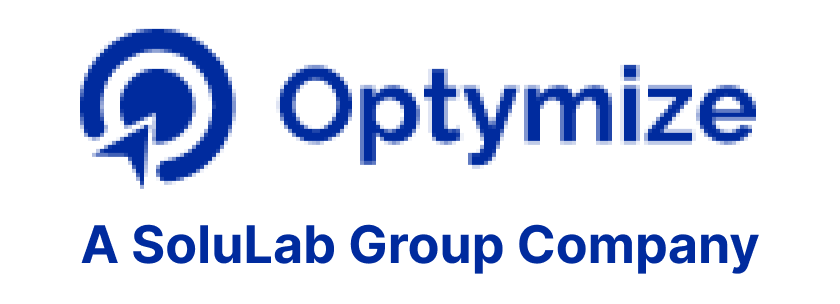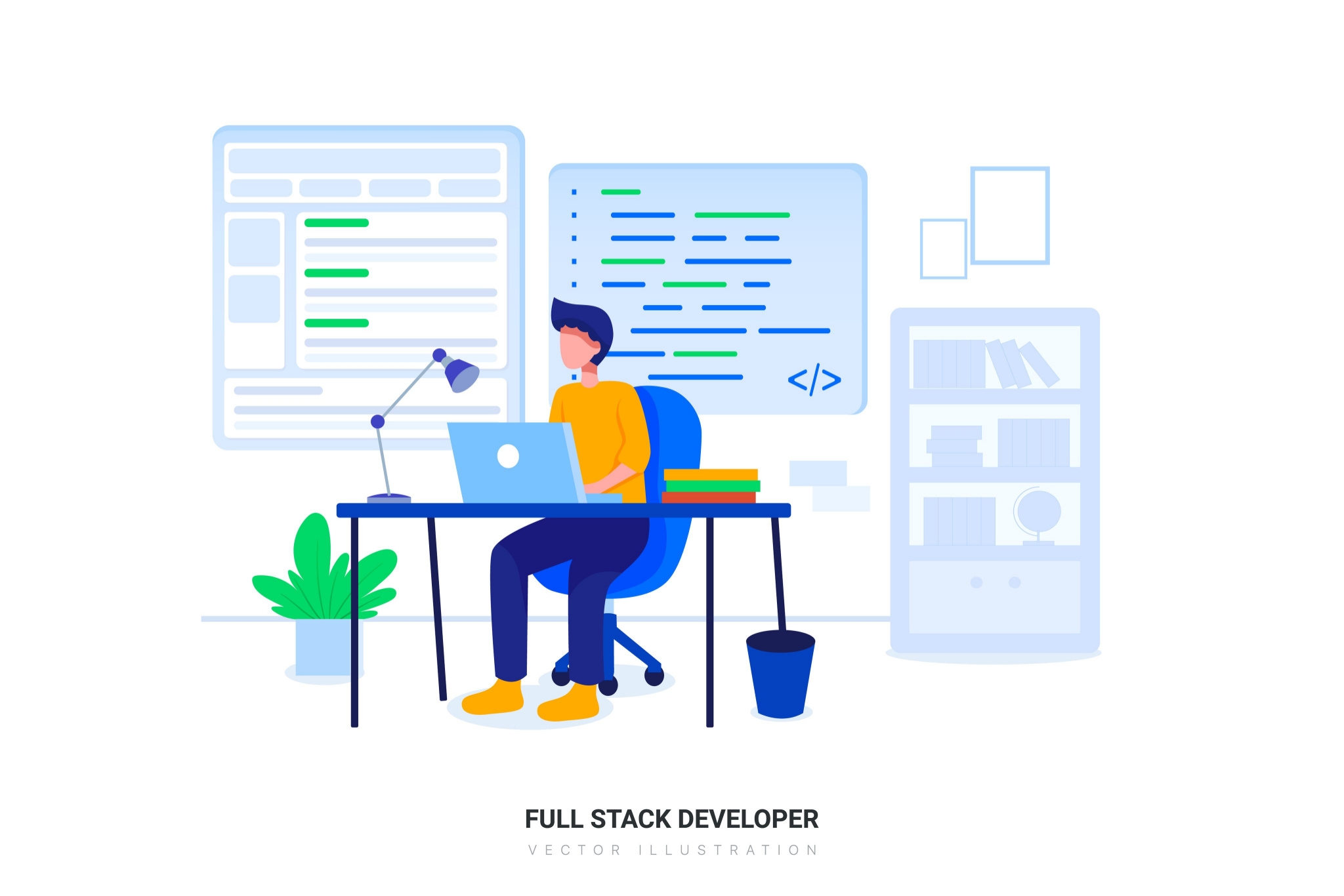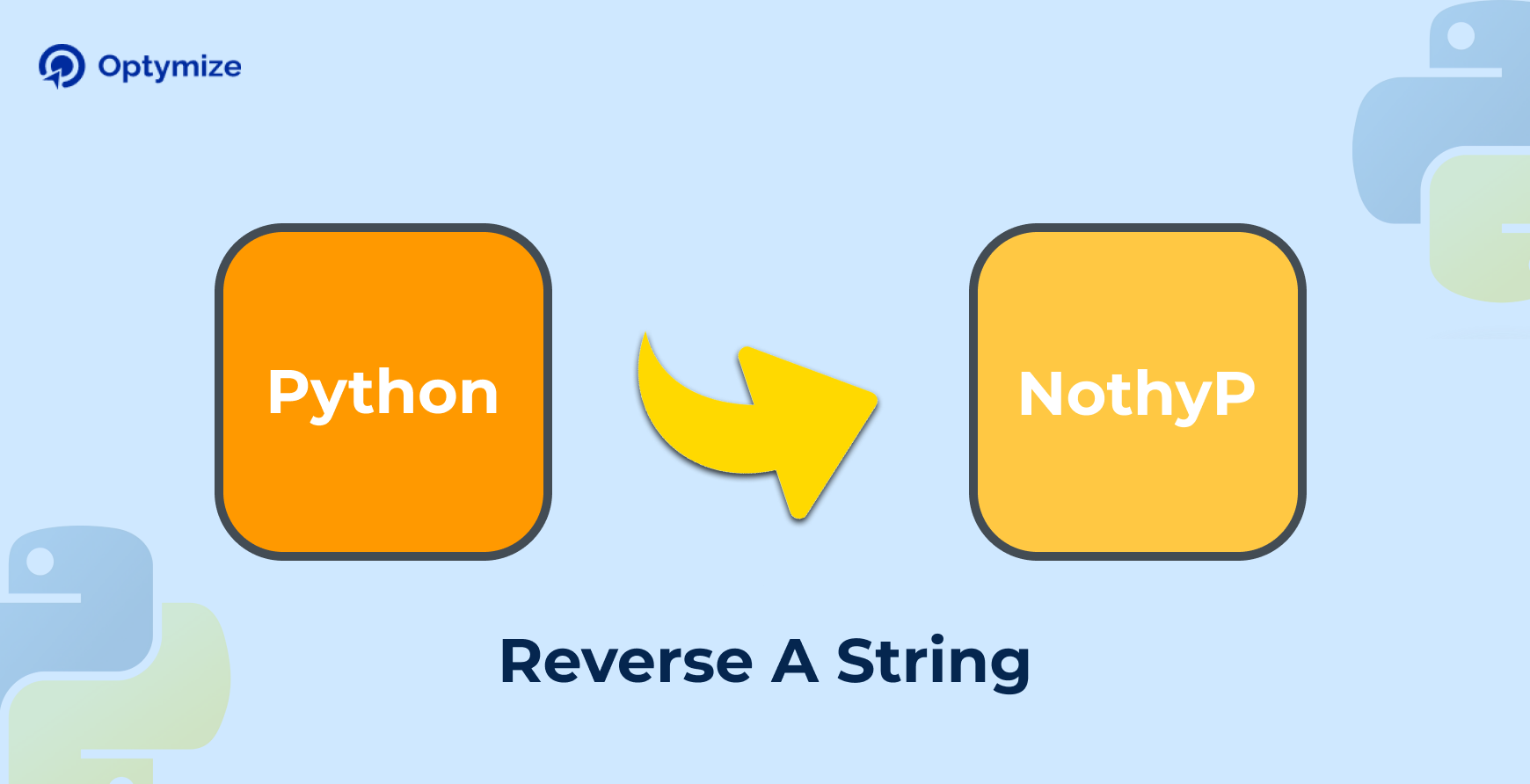An interview is a technique to assess whether or not a candidate could be a sensible acceptable edge, an intensive vetting method ought to extend so much on the far side. Even candidates who ace an interview might have hidden character or expertise flaws that you simply ought to bear in mind.
Whether they’ve exaggerated on their resume or have a criminal history that they didn’t disclose, an intensive screening and background check will give some clarity. The vetting method might reveal one thing that disqualifies them from the change of integrity in your team, or it should show your issues were nothing to fret regarding on balance. In the present climate, let’s take a glance at some belongings you would possibly encounter throughout the worker vetting method and the way to cause it to work for you.
The Issue of Acceptableness
At the guts of the vetting method is the issue of acceptableness – what level of skills, work expertise, or temperament traits are acceptable in a given candidate? While you’ll retain concepts of what you would like your dream candidate to arouse at the table, at the end of the day, what would you think about a suitable hire?
This isn’t merely a theoretical concept: you’ll cause the members of your team to weigh in on what they believe about the minimum needs for a given role.
Whether it’s expertise employing a specific piece of the software package or subtle skills like client service, produce a listing of the must-have attributes you’ll need of a candidate. You can list these needs in your description or keep them within the back of your mind to visit once watching resumes or interviewing candidates.
Depending on the trade, you’ll barely maintain legitimate needs to fulfil. Will your candidate have the acceptable certifications or licenses for your workplace?
Or are they subject to a non-disclosure agreement with a previous leader that will cease them from sign language as a replacement contract? For example, Buffer could endure a remote-first company and its workers share however they organize their own schedules to attain work-life balance. However, if you recognize your standards and needs, you’ll apprehend what to appear for within the vetting method.
A Guide to Worker Vetting
If you’re clear on what the area of your need is, and if you produce a system that you simply will follow for every new rent, you’ll be ready to pay attention to it quickly and simply.
Let’s take a glance at a way to vet candidates at every stage of the hiring process:
Application
The core elements of the vetting method surface more down the road, however, you’ll begin vetting candidates even before you receive their application. The places wherever you select to post your job, the language you embody in your description, and therefore the application method itself all influence who applies for the position.
Potential candidates were likely to die of employment and as a result, they “didn’t meet the qualifications” then as a result, they “didn’t assume they might do the work well.” Ideally, the hiring method can encourage the proper candidate to self-select for the role, whereas illuminating degree qualities that you simply do or don’t need to envision in a human.
Advertise your direct roles on job boards and social networks dedicated to remote work. As an example, for a resourceful role, you’ll raise candidates to submit a written paragraph or inventive transient or embody samples from their portfolio. For a technical role, you’ll embody a brief quiz. If you would like to assess an applicant’s soft skills, raise them to submit a video introduction, which can provide you with some clues on their temperament and visual communication.
At a minimum, elevate them to deal with their missive to a specific individual or embody a word or phrase within the subject line. You’ll additionally request links to their LinkedIn profile or alternative social media accounts that are relevant to their profession.
Interview
If you are considering a remote candidate, then be prepared for all the acts to be done remotely – recruiting, interviewing as well as communicating. This further signifies that the internal team or staffing agency must possess the required expertise for using remote communication technology.
Be it a company’s first interview for a remote position or one hundredth, the profound knowledge of how to communicate remotely or virtually is crucial. This gives an opportunity to assess whether a candidate can handle the specific communications platforms being used in the job they are applying for. Ensure a discussion is held where a complete picture of a candidate’s comfort level with all the required tools is revealed.
Most importantly, utilise all interviews as a chance to know how skilled an applicant is in remote communication and also whether they will fit well with your style of management. Starting from availability through text for quick updates to video chats for meetings, there are several ways a remote worker should be prepared to be reached. These methods must be tested thoroughly throughout the interview process.
Compatibility With Remote Work
Working in your pajamas, saving money on a professional wardrobe, lunch and gas, no commute…working from home is ideal, right? Remote work is not for everyone, and trying to isolate the pack is tricky but crucial during the interview.
There is a rising number of remote employees in various industries who prefer to share their skill-sets over short-term contracts. This points to the possibility of an individual with experience across multiple industries who specializes in particular skills.
Begin by finding out if the candidate has any previous remote work experience. Try to know how he or she was managed? How did the candidate stay motivated? What did the candidate like best about the set-up? How was performance and success measured? These are some of the essential aspects that can give you an idea of the person’s true DNA around the work from home life.
Perform background check
When you are ready to move forward with a candidate, you want to make sure that you have all the required information to make an offer. Emphasize on verifying the details of the candidate as provided in their resume. Also, ensure that there aren’t any major red flags in their education or employment history.
While performing a background check, you may inquire about a candidate’s credit history, drug tests, driving records and other information relevant to the job.
In addition, there are certain records such as bankruptcy that you aren’t legally permitted to use while deciding to hire. Privacy laws vary from state-to-state, so it is better to consider using a screening service or consulting a lawyer before performing a background check.
Take Time to Check References
This process could be an intensive one when considering remote candidates. It may take a bit longer than usual if you are working with candidates that contract with multiple companies. Even if it takes extra time to do this, it proves valuable to contact all of the prior employers in order to learn more about the candidate. Reaching out to all references and points of contact for those contracted positions will provide a true sense of the skills they bring to the table. You will have a better idea of how the candidate handles clients, multiple projects and time management remotely.
Closing Thoughts
For many professionals, remote work can be enticing – even for those who aren’t designed for it. Take time to discover if your candidate possesses what’s needed to be successful, beyond the skills and experience for the job. Doing this will help you land the right hire, faster.
Your candidate may be perfect on paper and even sound better on the phone. You may have sourced a winner with the desired background, skills and experience. Still, you need to dive a little deeper to make sure you are finding someone who is up for the expectations and challenges of your team.







